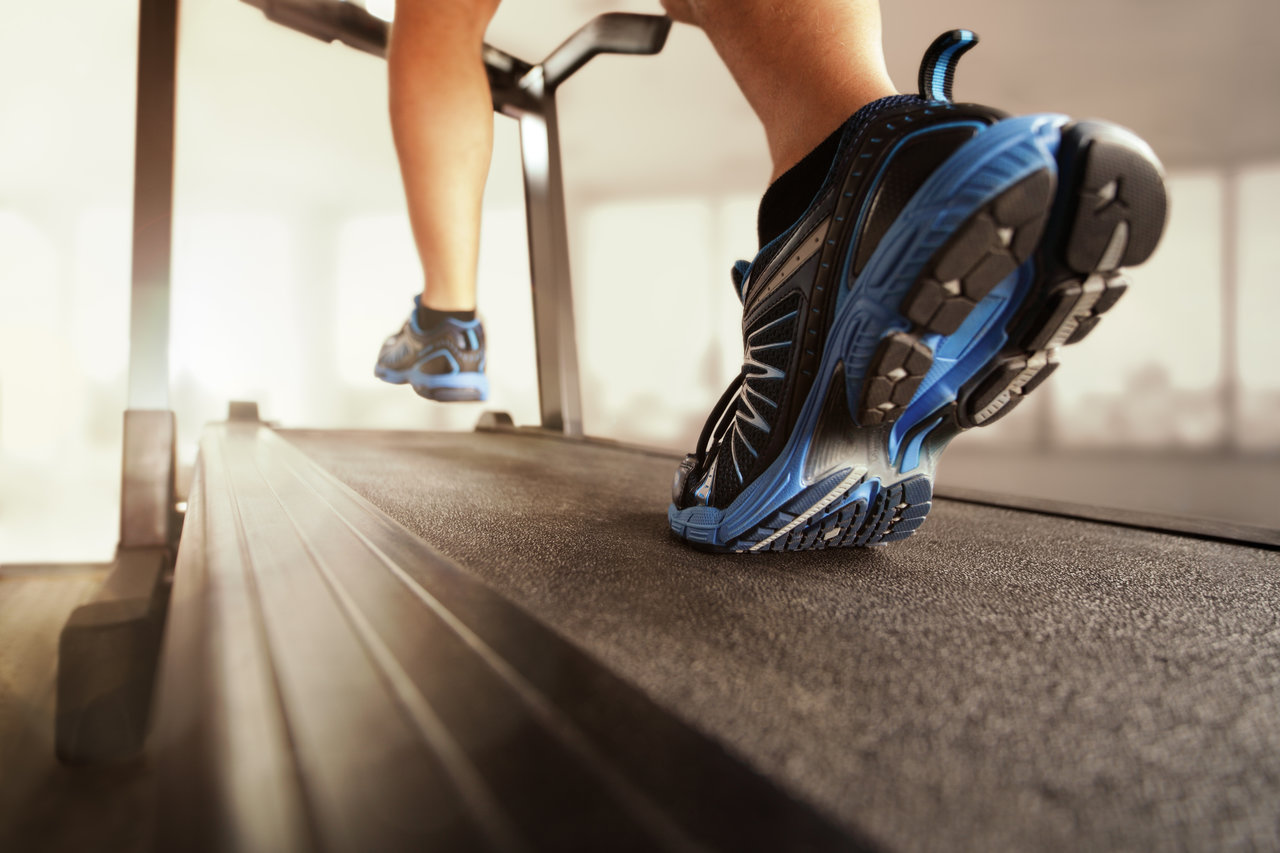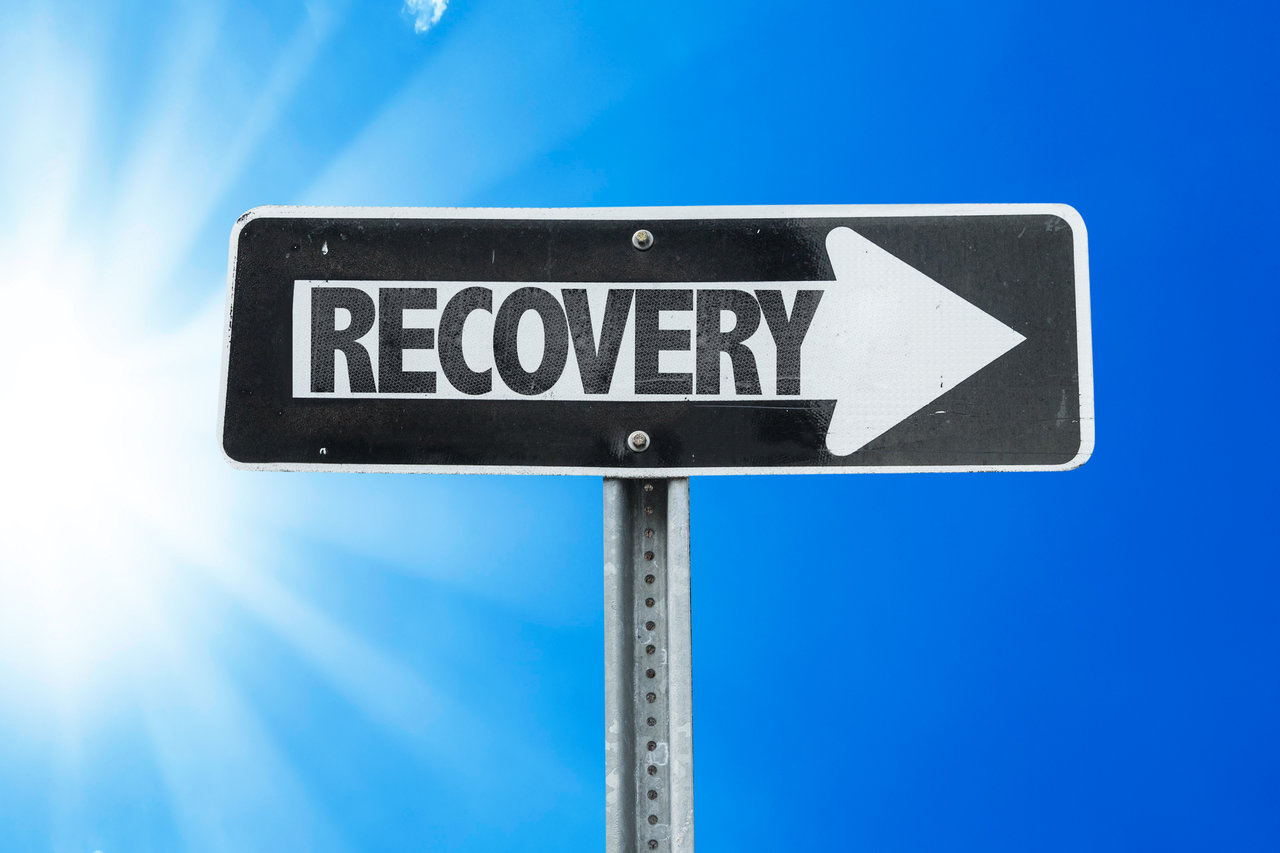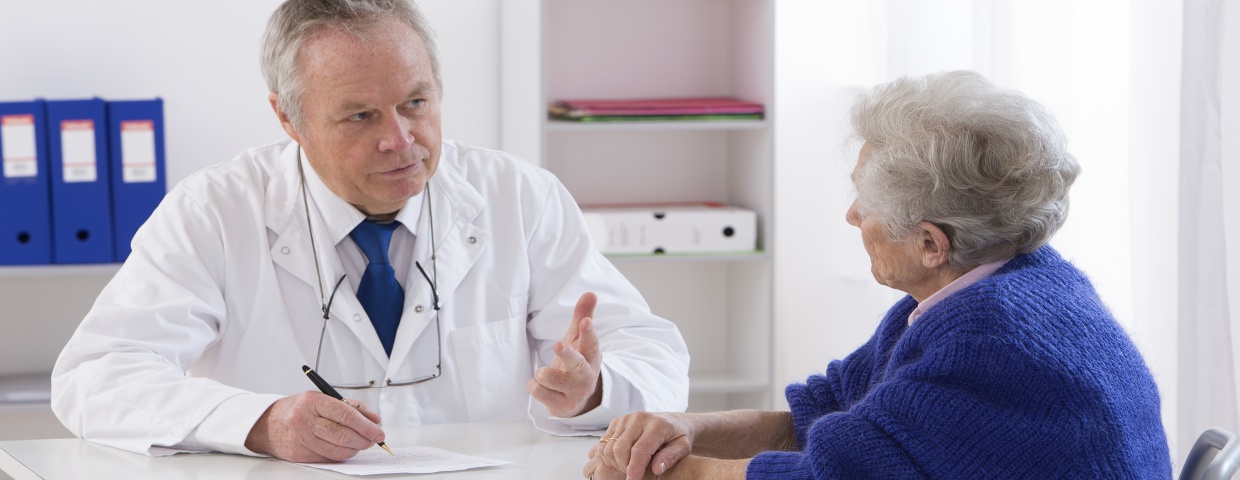Post-Op Cardiac Rehab Exercises
Since we were very young, we've been learning how important it is to take good care of our bodies. We learn what foods to eat and what foods to avoid; we learn the benefits and drawbacks of medicine; we even learn--some of us more eagerly than others--how to get our bodies moving. It's true: exercise isn't always popular in our minds, but at the end of the day, we do have to admit that moving is good for our bodies. So, whether we like it or not, we fill our days with treadmills, weights, and gym memberships. We get moving. It's not always easy and it's not always fun, but it's good for us, so we do it. However, exercise after surgery is an entirely different challenge--and an extremely worthy challenge at that.










